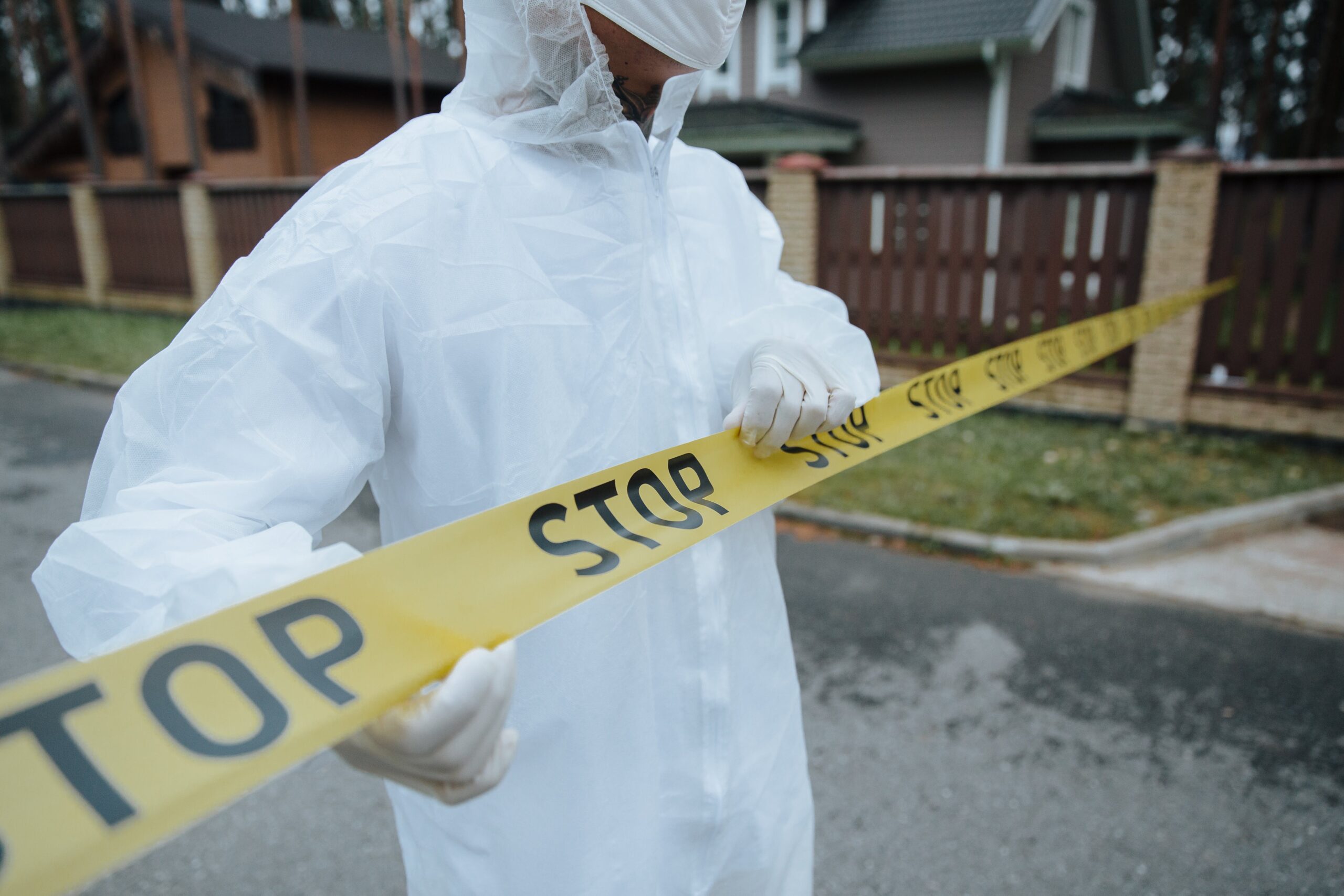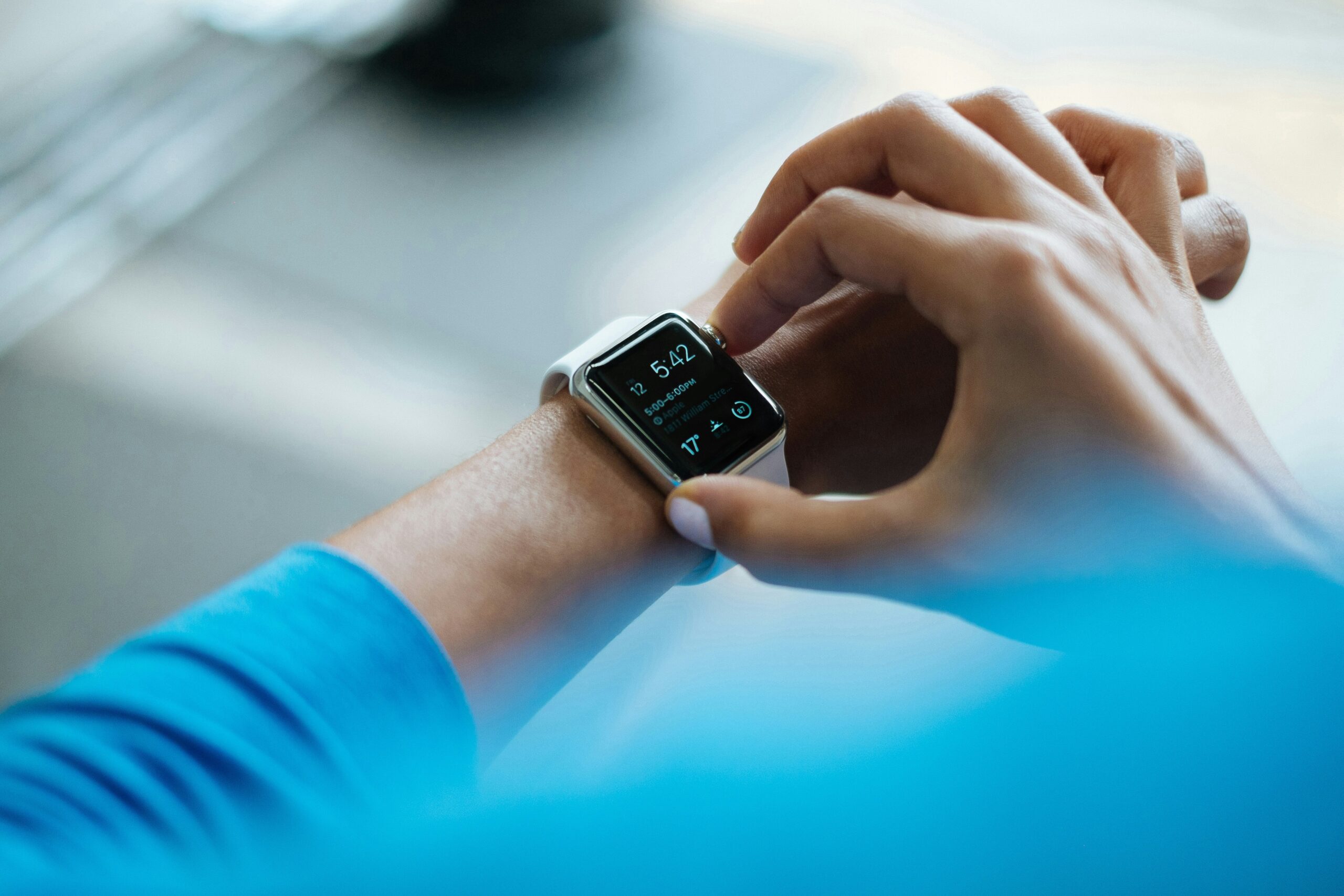In today’s digital age, technology plays an ever-increasing role in our lives. From smartphones to smart homes, we are surrounded by gadgets and devices that make our lives easier and more connected. However, with the convenience and connectivity comes the need for essential tech safety measures. In this article, we will explore some crucial tips to keep you and your devices safe and secure in an ever-evolving technological landscape. So, buckle up and get ready to discover how you can navigate the digital world with confidence and peace of mind.
Essential Tech Safety Measures
In this digital age, ensuring the safety and security of your tech devices is paramount. With so much of our personal and sensitive information stored on these devices, it is crucial to take the necessary precautions to protect ourselves from cyber threats and potential data breaches. In this article, we will explore some essential tech safety measures that you can implement to safeguard your devices and personal information.
Password Protection
One of the simplest yet most effective ways to enhance your tech security is by using strong and unique passwords. Password protection is the first line of defense against unauthorized access to your accounts and devices. It is highly recommended to use a combination of uppercase and lowercase letters, numbers, and special characters when creating passwords. Avoid using easily guessable information such as your name, birthdate, or common words. Furthermore, make sure to use different passwords for each of your accounts to minimize the risk of multiple accounts being compromised if one password is exposed.
Two-Factor Authentication
Two-factor authentication (2FA) is an additional layer of security that adds an extra step to the conventional username and password login process. In addition to entering your login credentials, 2FA requires you to provide a second form of identification, such as a temporary code sent to your mobile device or a biometric scan, before granting access to your account. Enabling 2FA significantly enhances your security by making it much more difficult for unauthorized individuals to gain access to your accounts, even if they manage to obtain your password.

This image is property of images.pexels.com.
Regular Software Updates
Staying up to date with software updates is essential for maintaining the security of your tech devices. Software developers release updates regularly, often containing security patches and bug fixes that address known vulnerabilities. By regularly updating your operating system, applications, and security software, you ensure that your devices are equipped with the latest protections against potential threats. Take advantage of the automatic update features offered by many devices and applications to simplify the process and ensure you stay protected.
Firewall Installation
Installing a firewall on your device acts as a barrier between your device and potential threats from the internet. A firewall monitors incoming and outgoing network traffic and blocks unauthorized access to your device or network. There are two types of firewalls: hardware firewalls and software firewalls. Hardware firewalls are typically built into routers and provide network-wide security, while software firewalls are installed on individual devices and provide device-specific protection. Having a firewall in place adds an extra layer of defense against hackers and malicious software attempting to exploit vulnerabilities in your device or network.

This image is property of images.pexels.com.
Antivirus Software
Protecting your devices against malware is crucial, and antivirus software is designed specifically for that purpose. Antivirus software scans your device for known malware, viruses, and other malicious software and removes them to prevent damage or unauthorized access. It is essential to have reputable antivirus software installed and kept up to date on all your devices. Regular scans should be performed to detect any new threats that may have gotten past your other security measures.
Secure Network Connection
When connecting to the internet, it is essential to ensure that you are using a secure network. A secure network connection adds an additional layer of protection by encrypting the data transmitted between your device and the network. Public Wi-Fi networks, such as those found in cafes or airports, are often unsecured, making it easier for hackers to intercept your data. Whenever possible, connect to trusted and encrypted networks, such as your home or work Wi-Fi, to minimize the risk of unauthorized access to your data.

This image is property of images.pexels.com.
Data Encryption
Encrypting your sensitive data adds an extra layer of protection, making it unreadable to anyone who doesn’t have the decryption key. Data encryption is particularly important when storing sensitive information, such as financial or personal data, on your devices or when transmitting it over the internet. Use encryption tools or built-in encryption features available on your devices or applications to protect your data from unauthorized access.
Backup and Recovery Systems
Having a reliable backup and recovery system in place is essential to protect your important data in case of accidental loss or hardware failure. Regularly backing up your data ensures that you have a copy stored in a secure location, enabling you to recover it in the event of a device failure or data corruption. Consider utilizing cloud storage services, external hard drives, or network-attached storage (NAS) devices to create backups and automate the process to ensure the continuous protection of your data.
Mobile Device Security
In today’s digitally connected world, mobile devices contain a wealth of personal information, making them attractive targets for cybercriminals. Implementing security measures on your mobile devices is crucial to protect your data and privacy. In addition to the previously mentioned measures such as using strong passwords, enabling 2FA, and installing antivirus software, it is also important to enable device encryption, regularly update the operating system and applications, and only download apps from trusted sources. Avoid connecting to unsecured Wi-Fi networks and be cautious of phishing attempts or suspicious links and attachments received via email or text messages.
Safe Online Browsing
Practicing safe online browsing habits is essential to protect yourself from various online threats, such as phishing scams, malware, and malicious websites. Be cautious when clicking on links or downloading files from unknown sources, as they may contain malware or lead you to fraudulent websites designed to steal your personal information. Regularly clear your browser cache and cookies to minimize the risk of unauthorized tracking and ensure that your browser and browser extensions are kept up to date.
By implementing these essential tech safety measures, you significantly enhance your overall security and reduce the risk of falling victim to cyber threats. Remember to stay vigilant, stay informed about the latest security practices, and regularly review and update your security measures to adapt to the evolving nature of cyber threats. Your dedication to maintaining a safe and secure digital environment will help protect your personal information and preserve your peace of mind.



